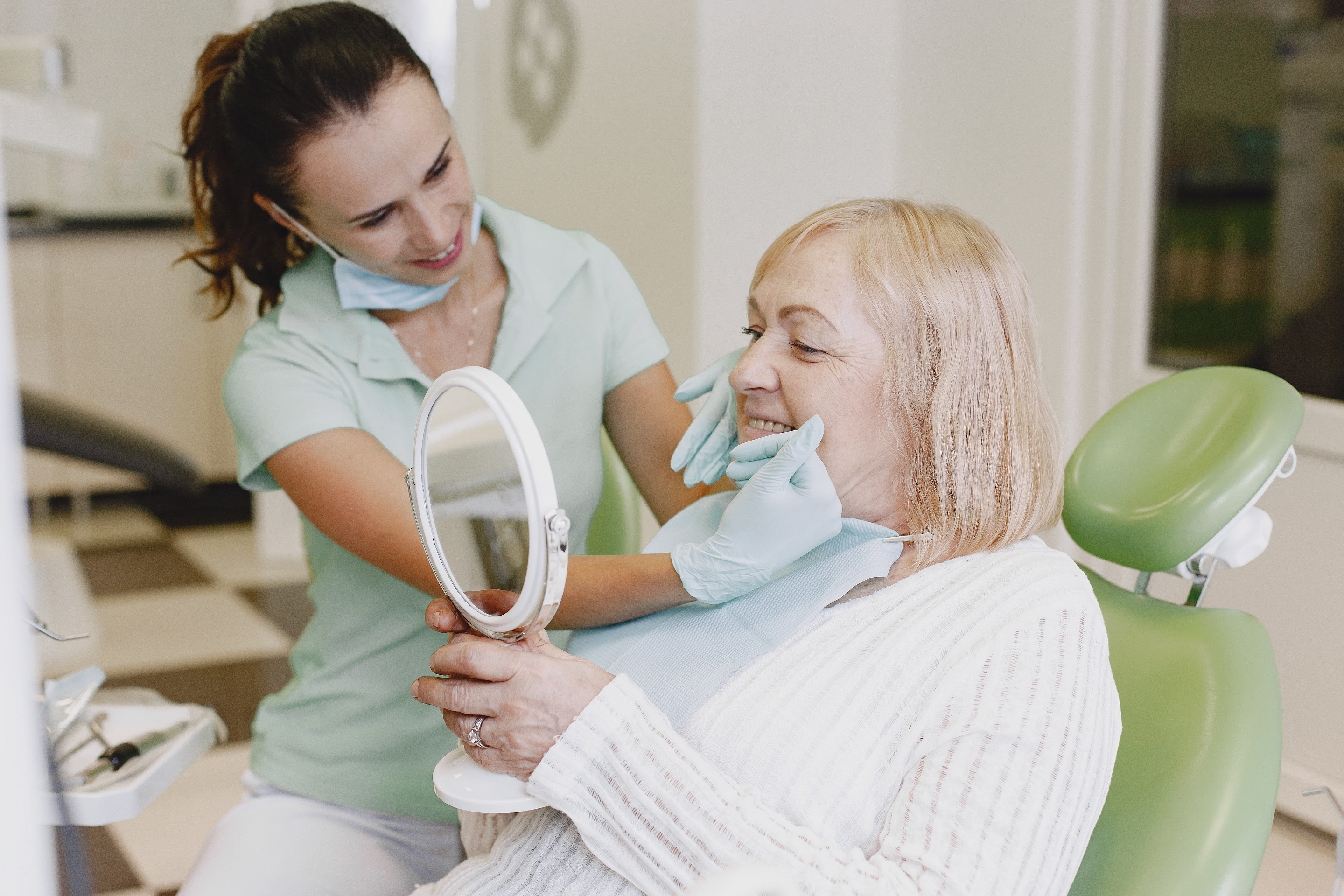06
May 2025
Implant-Supported Dentures and Their Role in Hospital Recovery
Published in General on May 06, 2025

The Stability of Implant-Supported Dentures
During or after a hospital stay, especially following major surgeries or extended treatments, managing oral care can be surprisingly challenging. Traditional dentures often pose discomfort or require frequent adjustments, something that isn't ideal when you're already recovering. Implant-supported dentures provide a reliable alternative, offering better stability for speaking and eating, thanks to their secure attachment to the jawbone.
If you're planning a hospital stay in Melbourne, it's worth considering accommodation options nearby that cater to medical recovery needs. Services like Hospital Stays offer convenient short- and long-term stays close to major hospitals, ideal for patients undergoing dental procedures or recovering from oral surgeries involving implants.
Overview of Implant-Supported Dentures
Unlike traditional dentures that simply rest on the gums, implant-supported ones are anchored directly to the jaw using dental implants. This structure offers a more comfortable fit and reduces the risk of slipping or irritation—particularly beneficial during hospital stays when daily routines and mobility may be limited.
Who Benefits from Implant-Supported Dentures?
Patients who have lost most or all of their teeth often find relief in implant-supported solutions. These include individuals undergoing medical treatments that may have impacted their dental health. For those with partial tooth loss, implant-supported partial dentures can also provide great results. A dentist evaluates the condition of the jawbone and overall health before recommending the best type.
Qualifying for Implant-Supported Dentures
Candidates need healthy jawbone density to support the implants. For individuals recovering from surgeries or hospital treatments that may have affected their bone health, dental bone grafting is sometimes recommended to restore eligibility for implant-supported dentures.
Types of Implant-Supported Dentures
- Removable Implant-Supported Dentures: These snap onto implants and can be taken out for cleaning—ideal for patients with restricted mobility during hospital recovery.
- Fixed Implant-Supported Dentures (Hybrid Dentures): These are permanently secured and require professional removal, offering a more seamless feel during daily activities, including extended hospital stays.
Effectiveness of Implant-Supported Dentures
Many who switch from conventional dentures to implant-supported ones notice a big difference, especially when hospitalized. There's no slipping during meals or conversations, and patients often feel more confident even in clinical environments.
All-on-4® vs. Implant-Supported Dentures
All-on-4® is a technique that supports a full arch of teeth using just four implants, ideal for those seeking a quicker, less invasive full-mouth restoration. It’s often preferred by patients preparing for surgeries or hospital stays where long dental procedures aren’t feasible.
Procedure Details for Implant-Supported Dentures
The process includes a surgical phase where implants are placed, followed by a healing period. During hospital stays, temporary dentures can be used while the jaw heals. Once healing is complete, permanent dentures are affixed for long-term use.
Longevity of Implant-Supported Dentures
Implants themselves can last a lifetime with proper care. The overlying dentures may need replacement every 15 to 20 years, making them a worthwhile long-term investment, especially for those managing chronic conditions or undergoing repeated hospital visits.
Benefits of Implant-Supported Dentures
Benefits:
- Stable fit and comfort
- Reduced irritation and gum pain
- Prevention of bone loss
- Easier hospital recovery due to minimal maintenance
Recovery and Outlook
Initial recovery takes about a week, with full integration into the jawbone taking 3–6 months. Patients recovering in hospitals typically resume daily activities within days and experience fewer issues compared to those with traditional dentures.
Eating and Caring for Implant-Supported Dentures
Once healed, patients can enjoy their usual foods again—important when transitioning from hospital meals to home-cooked comfort. Cleaning routines are simple, involving daily brushing and occasional soaking for removable dentures, plus regular dental check-ups.
When to Call the Doctor
After the implant procedure, contact your dentist if you notice:
- Persistent bleeding
- Ongoing pain
- Signs of infection
- Fever over 101°F
It’s especially important during a hospital stay or recent discharge to stay alert to these symptoms.
Conclusion
For patients navigating hospital stays or long-term health treatments, implant-supported dentures offer a blend of comfort, stability, and long-term reliability. Unlike traditional dentures, they allow for smoother recovery and better day-to-day functionality, whether you're in a hospital bed or back on your feet. Consulting with a dental professional is a great first step toward reclaiming confidence and oral comfort.









